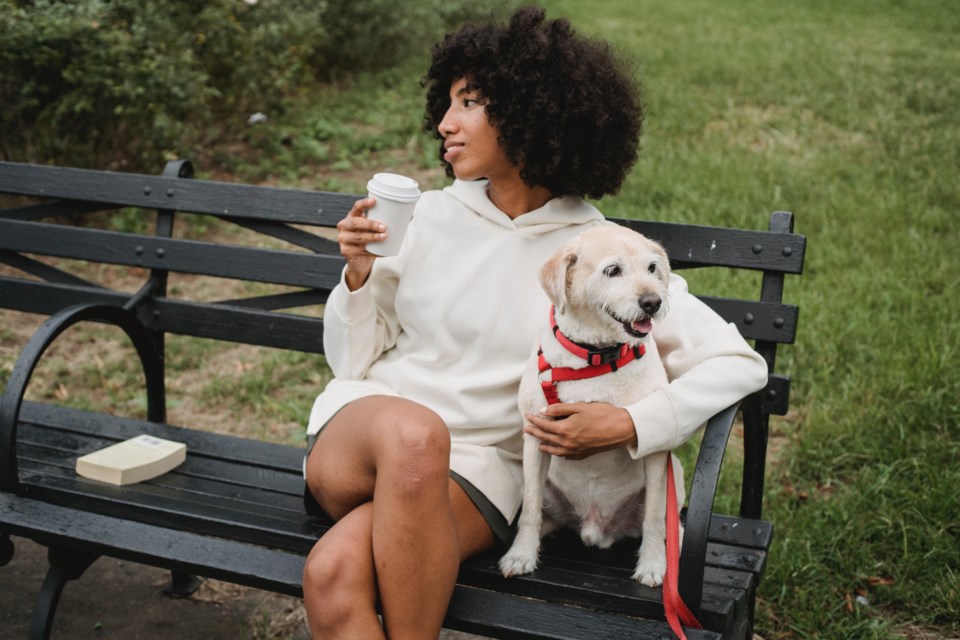When it comes to caring for a pet, there is a lot to consider. Your veterinarian should always be your first point of contact when there’s a concern regarding your beloved furry friends, however, here are some general care tips on how to keep our pet happy and healthy.
Microchipping
The purpose of a microchip is to identify a pet when a microchip scanner is passed over the pet.
It’s important that you keep your pet’s microchip information updated so that you are easily reachable should your pet go missing and be scanned once it is found. Typically, animal shelters and veterinary clinics have microchip scanners. Make sure that you update the microchip database information (instructions will be given to you upon microchip implantation) any time you change your address or phone number.
In addition to microchipping, including an ID tag on your pet’s collar will let finders know that it has a family that is anxiously waiting for it to come home.
What to do if your pet goes missing
For most of us, pets are members of our families and the thought of losing them is almost too much to bear. Unfortunately, it doesn’t take much for a sneaky kitty to bolt out the door or a dog to take off after a squirrel on a walk (keeping dogs leashed will help prevent this).
- Search your home and immediate surroundings or the area in which your pet went missing. Check under porches, decks, cars, in the garden, under trees, in the backyard, etc.
- Make a poster with a picture of your pet and your contact information and post it near the area in which your pet went missing and the areas in which you think your pet might visit. Include specific instructions on the poster if necessary (i.e. do not chase). Ask your neighbours to keep an eye out for your pet.
- Contact all veterinarians in your community to report your lost pet.
- Post your pet’s photo and your contact information to social media. There are many regional lost and found pages on Facebook.
Keep unwanted pests and illnesses away
It’s important to establish a relationship with a veterinarian as soon as you become a pet owner.
They will provide you the best advice on how to keep your pets healthy and free from disease.
“Vaccinations and parasite prevention will help protect your pets from the most common illnesses. In the long run, keeping up with their inoculation schedule will likely save owners from potential unplanned vet expenses,” says Dr. Anick Amaro, GTHS director of medicine.
Don’t forget about behaviour
Training your pet to correct unwanted behaviours is important. Not only will working with your pet help curb the behaviour in question, it also makes for a happier pet and happier owner. Behaviour modification helps teach your pet life skills, like proper leash walking, alleviates stress for both pets and people alike and creates fewer opportunities for conflict.
With time, appropriate resources and a whole lot of love, you can give your pet the very best life.



